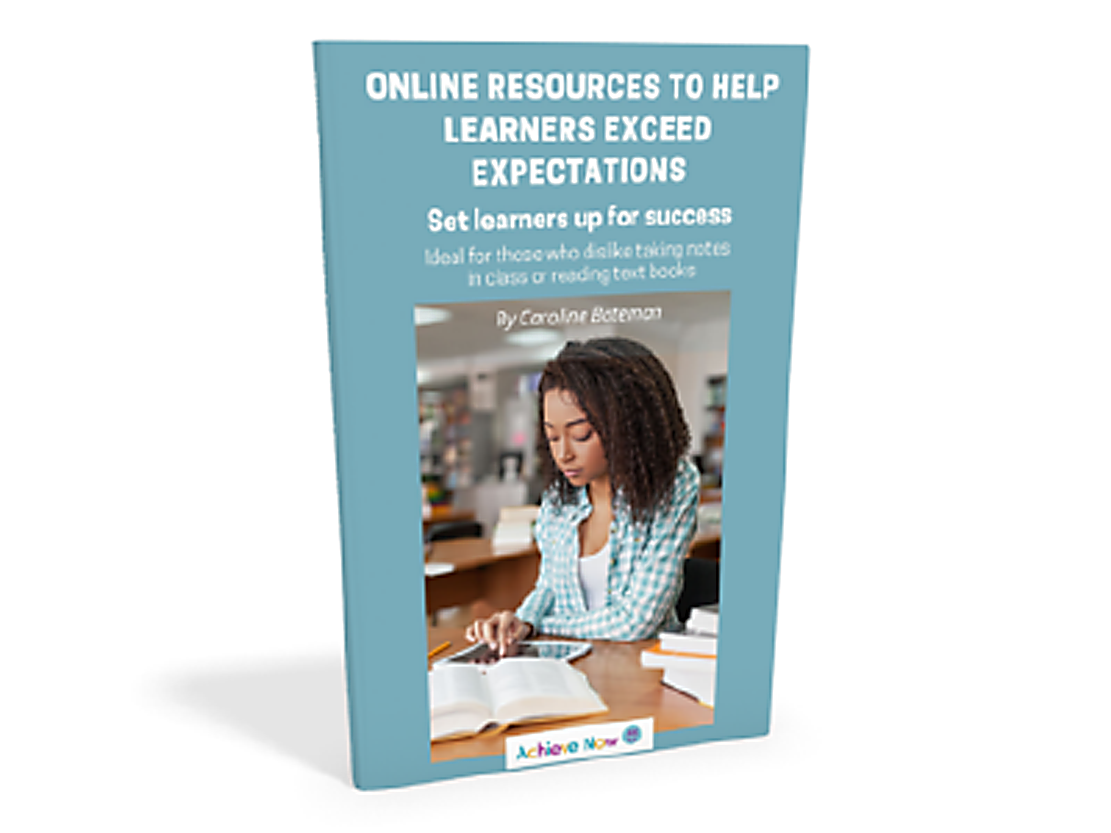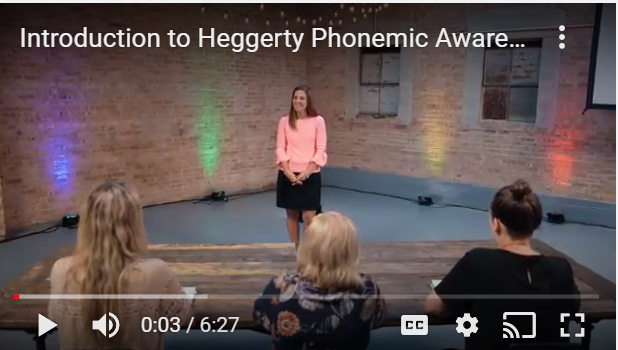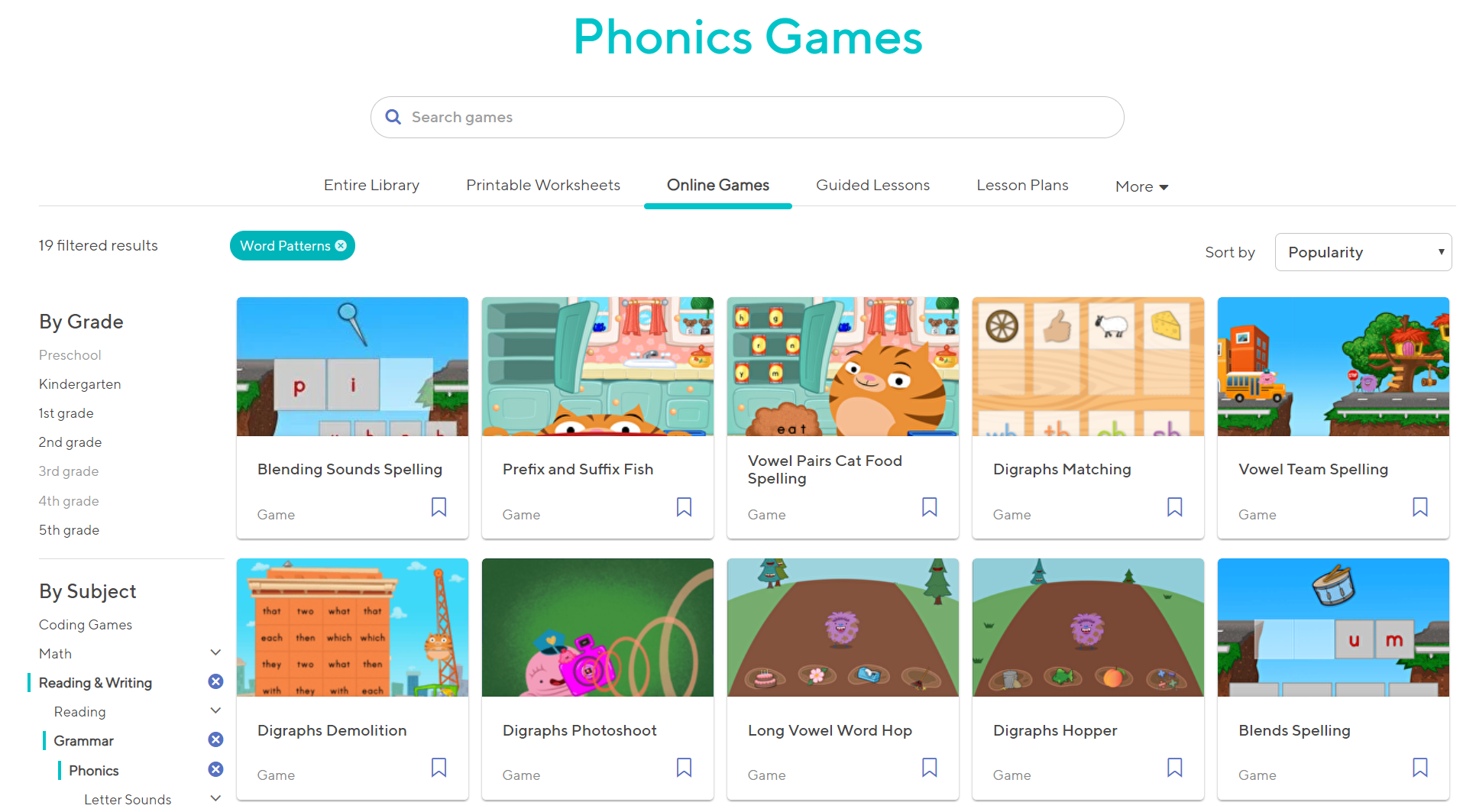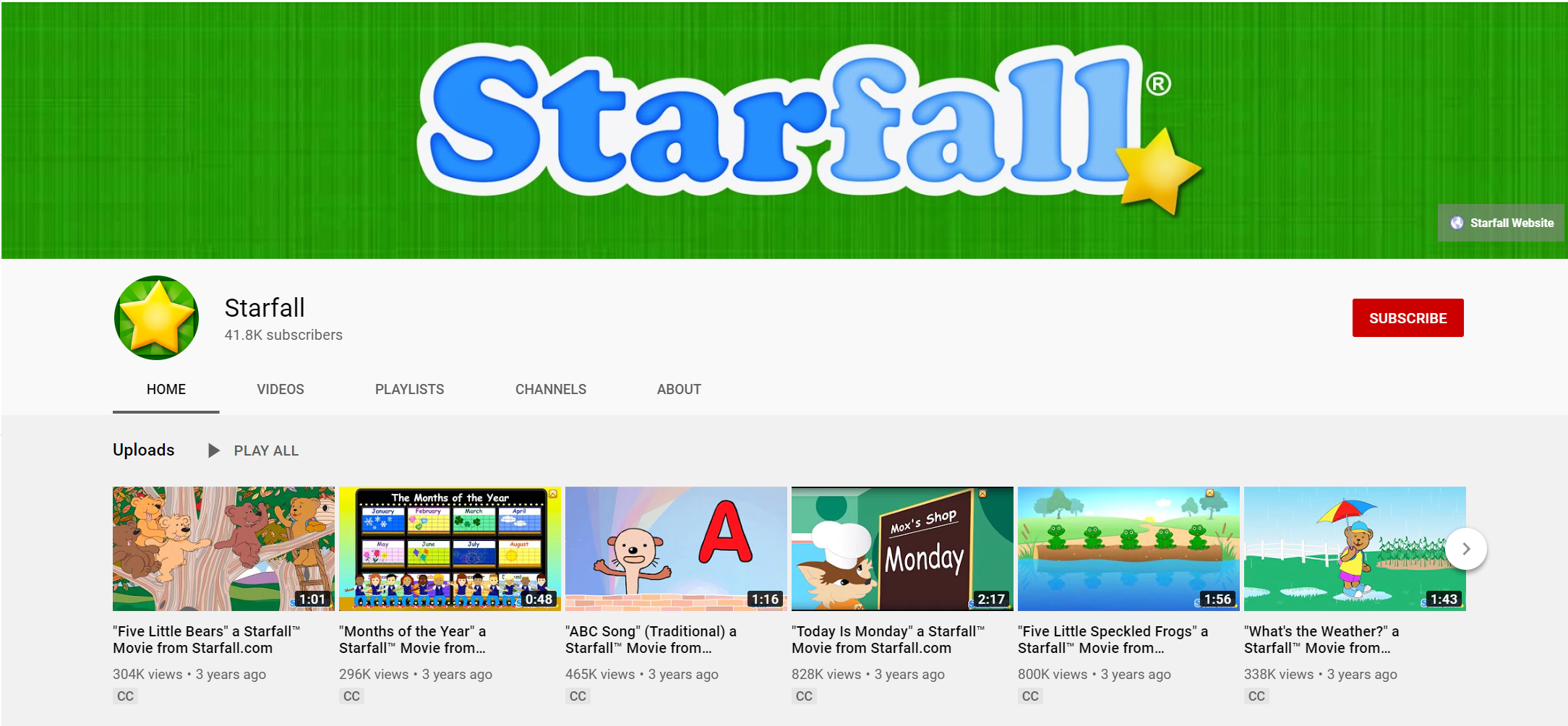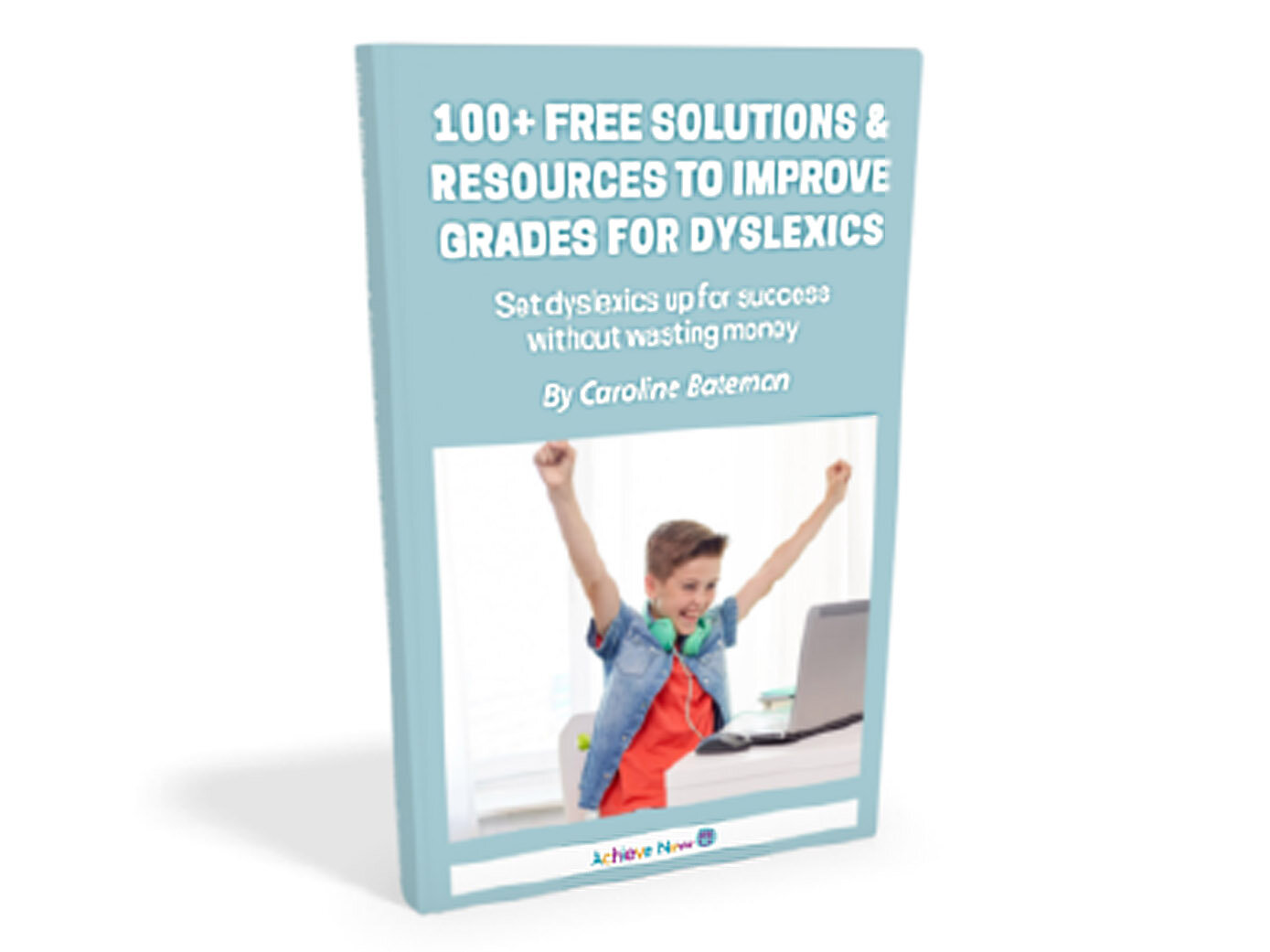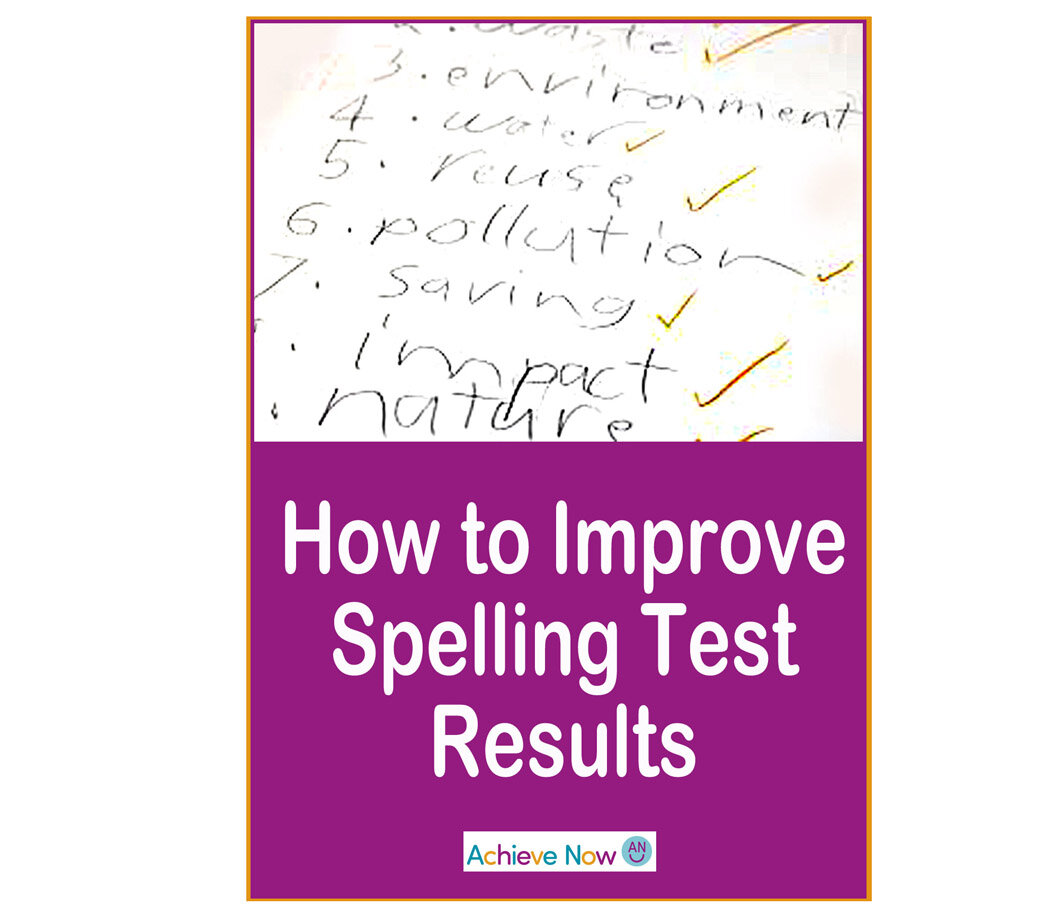Fortunately, technology can offer a range of extremely helpful solutions to learn and test spellings which then frees up parents. The best IT solution for your child depends on the:
student’s age
device they have to work on - iPad, laptop, PC, Mac, etc
budget (I have found a number of FREE options)
I've put together a summary of some of the technologies available to help. I must add, however, that these solutions should complement and not entirely replace traditional learning methods.
Traditional pen & paper techniques
There is still HUGE value in the 'look, say, cover, write, check' method of learning spellings, no matter how much more appealing playing games on a tablet or computer can be to children.
Technology is fun and may save time, but research shows that writing by hand engages the brain in learning and that neural activity is far more enhanced when children are printing by hand.
For more information click here.
NEURAL ACTIVITY IS ENHANCED WHEN CHILDREN PRINT BY HAND
Unfortunately, my own children got bored with traditional techniques VERY quickly!
Unless I was physically with them -
forcing the looking
doing the covering
saying the letters
testing them
they would NOT do it, regardless of what the research said.
It helped my sanity to find IT games that they could play to help them learn their weekly spelling lists. As they enjoyed the games, they did improve their weekly spelling scores.
I simply had to find the time to input each of their spellings each week. I had them in the kitchen on their devices as I prepared dinner.
Would you like to know more about the games I found helped my children with spelling?

